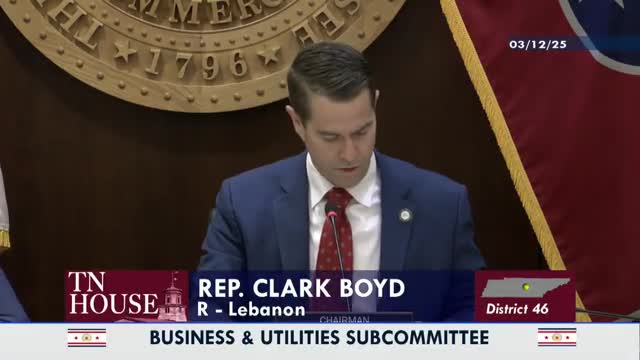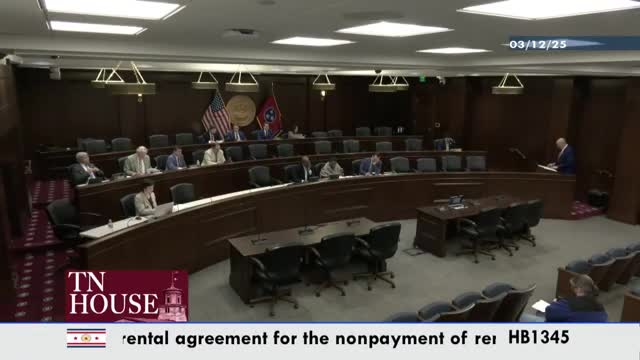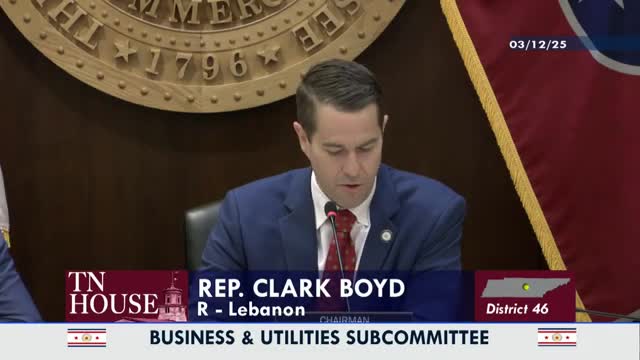Article not found
This article is no longer available. But don't worry—we've gathered other articles that discuss the same topic.

Subcommittee advances towing bill that clarifies signage, private-property towing and keeps state ban on booting

Panel backs change to funeral director licensing to allow concurrent schooling and apprenticeship

Committee rejects proposal to cut tenant cure period from 14 to 7 days; bill fails on tie vote

